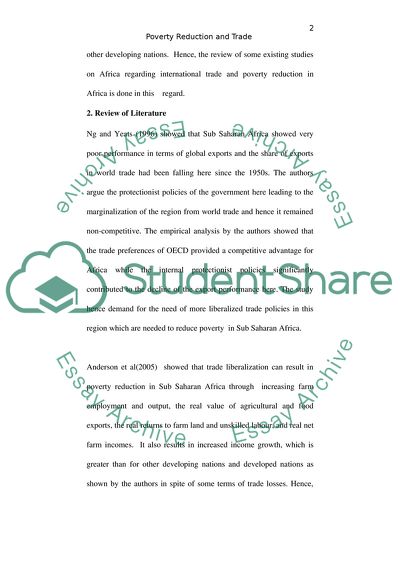Cite this document
(“International Trade and Poverty Reduction in Africa-An Evaluation Term Paper”, n.d.)
International Trade and Poverty Reduction in Africa-An Evaluation Term Paper. Retrieved from https://studentshare.org/macro-microeconomics/1565282-international-trade-and-poverty-reduction-in-africa-anevaluation
International Trade and Poverty Reduction in Africa-An Evaluation Term Paper. Retrieved from https://studentshare.org/macro-microeconomics/1565282-international-trade-and-poverty-reduction-in-africa-anevaluation
(International Trade and Poverty Reduction in Africa-An Evaluation Term Paper)
International Trade and Poverty Reduction in Africa-An Evaluation Term Paper. https://studentshare.org/macro-microeconomics/1565282-international-trade-and-poverty-reduction-in-africa-anevaluation.
International Trade and Poverty Reduction in Africa-An Evaluation Term Paper. https://studentshare.org/macro-microeconomics/1565282-international-trade-and-poverty-reduction-in-africa-anevaluation.
“International Trade and Poverty Reduction in Africa-An Evaluation Term Paper”, n.d. https://studentshare.org/macro-microeconomics/1565282-international-trade-and-poverty-reduction-in-africa-anevaluation.


